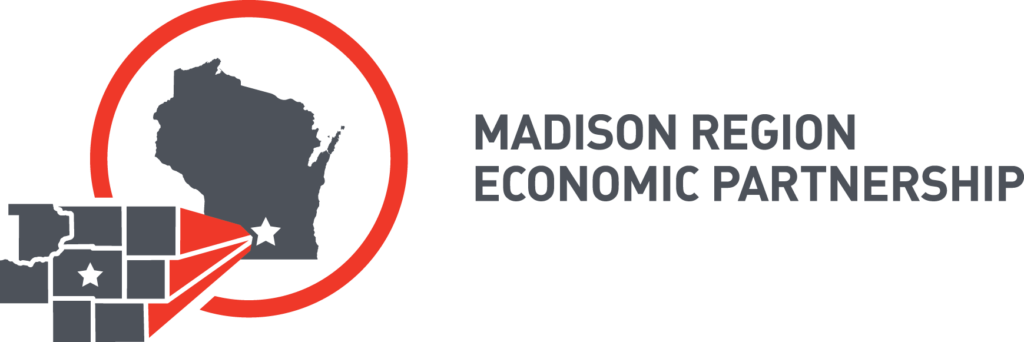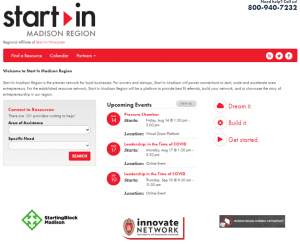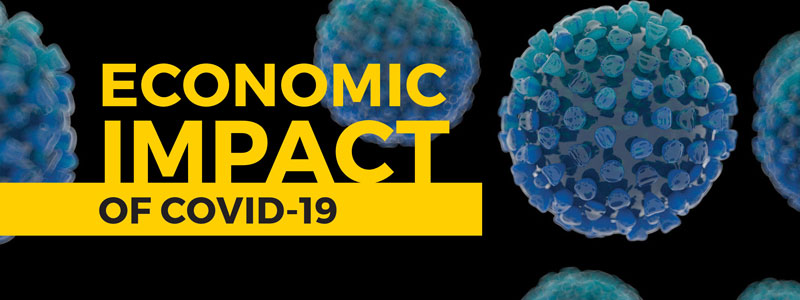The U.S. Department of Agriculture (USDA) recently announced that the Center for Dairy Research (CDR) at the University of Wisconsin-Madison and Wisconsin Cheese Makers Association (WCMA) have been awarded $6.13 million to support continuation of the Dairy Business Innovation Alliance (DBIA), serving Illinois, Iowa, Minnesota, South Dakota and Wisconsin. DBIA offers both industry education, technical support and direct-to-business grants.
“Now more than ever, dairy businesses must work quickly to adapt to changes in consumer demands and market opportunities. We are pleased to be able to put USDA funds to work, building upon the tremendous interest in the first initiative, to help dairy farmers and processors survive and thrive amid challenging conditions,” said John Lucey, CDR Director.
MadREP is a collaborator on the project. Collaborators aid in developing, marketing, and implementing program workshops, as well as help develop the pipeline of project participants. “In addition to our established collaborator role, MadREP has plans to offer direct technical assistance to program participants,” said Craig Kettleson, MadREP’s enterprise development director. “We’re able to advise them in a variety of areas, including business planning and economic development financing.”
In the next funding period, running through 2023, the DBIA will provide funding across market research, product development, training workshops, and consultative services to industry. In addition, the DBIA will also distribute over $3.4 million in grants to dairy farm and processing businesses, in potential increments between $5,000-$250,000.
“We’re excited to be able to support investments in great ideas that will boost sales of value-added dairy products, both here and abroad,” said John Umhoefer, WCMA Executive Director. “As sales climb, the dairy industry will grow stronger and more stable, from farm to vat.”
U.S. Senator Tammy Baldwin (D-Wisconsin) authored the bill creating the Dairy Business Innovation Initiative program, successfully shepherding its passage in 2018. Baldwin helped secure initial funding for DBIA of $450,000 in 2019, and championed expanded funding this year, along with Congressmen Glenn Grothman (R-WI6), Ron Kind (D-WI3), Mark Pocan (D-WI2), Bryan Steil (R-WI1), and state department of agriculture officials.
“Our dairy businesses are a key driver of our state’s economy, but just like many other folks in Wisconsin, they’re facing some tough times right now as a result of the pandemic. Farmers, cheesemakers and dairy processors must have the tools to innovate and develop new Made in Wisconsin dairy products, so they can get through this economic crisis and build a brighter future for our dairy farms and rural communities,” said Senator Baldwin. “I created this initiative in the Farm Bill to open up new resources for dairy businesses to foster innovation, update their manufacturing practices and reach new markets. I’m proud that the Center for Dairy Research at UW-Madison is receiving this grant funding to continue their important partnership with the Wisconsin Cheese Makers Association, as we all work together to ensure our dairy industry can continue to lead the nation.”


